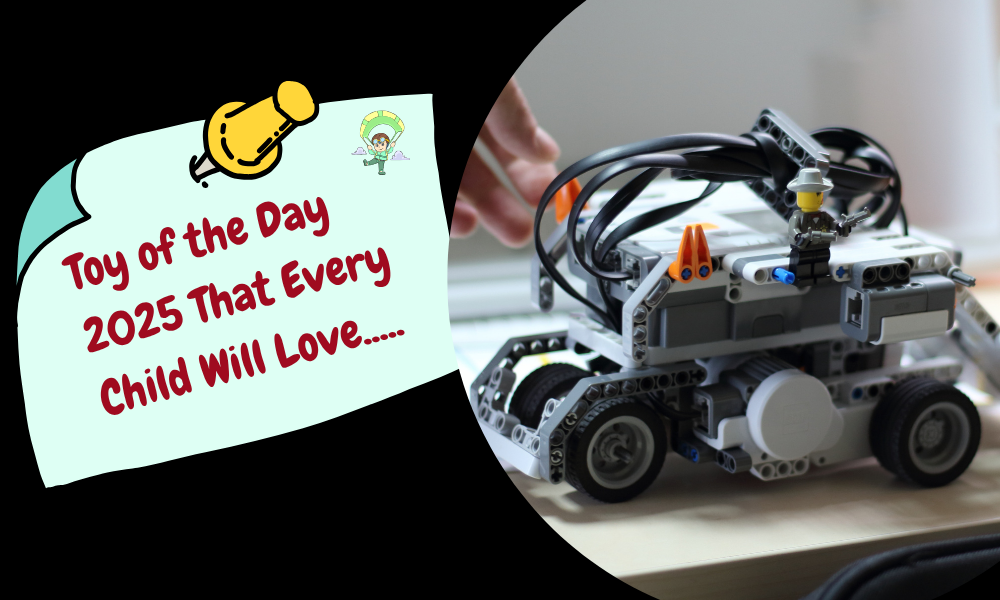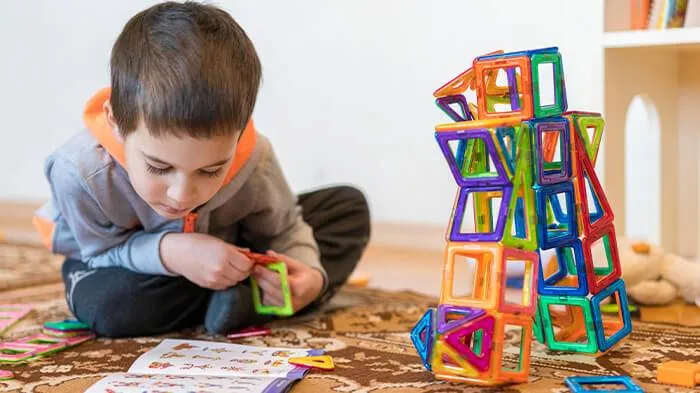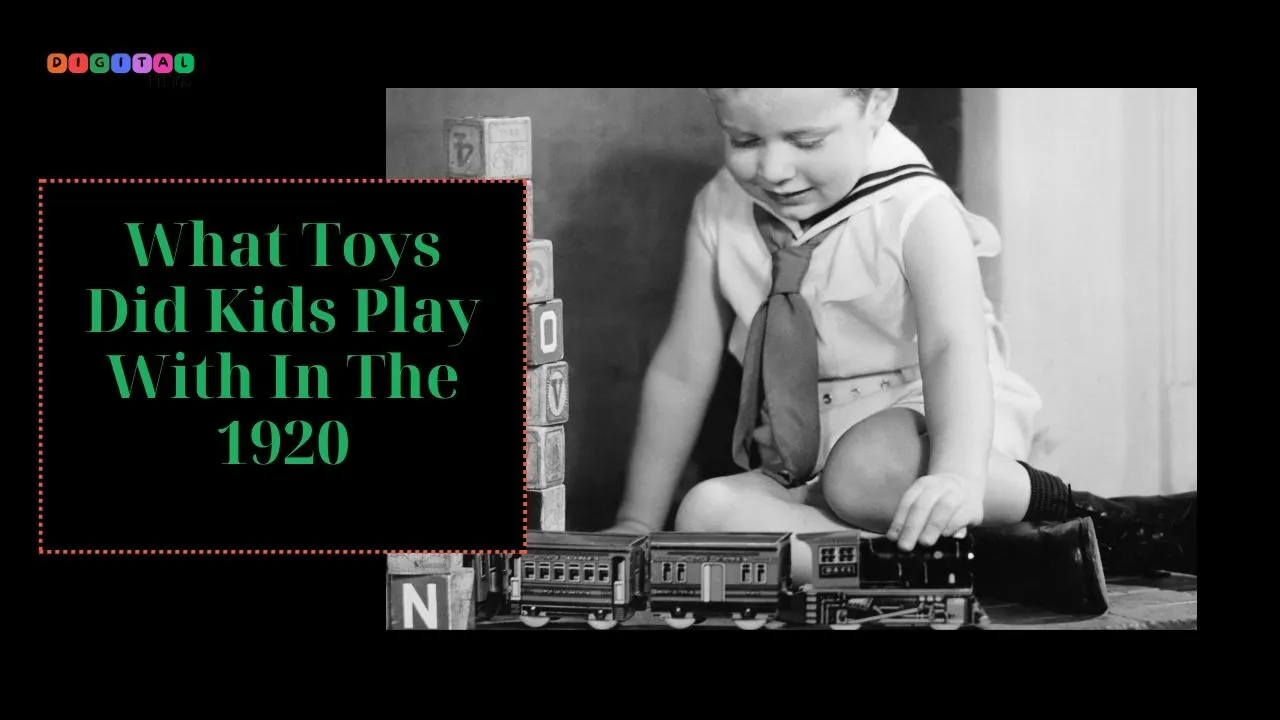Judit Polgar is a chess grandmaster considered the strongest sexuality chess player of all time. She became the world’s youngest grandmaster in 1991 when she was 15 years and 4 months old – vibration the legendary Bobby Fischer’s record. She was moreover the youngest player overly be rated among top 100 players when she was 12. Till her retirement in 2014, she was the top sexuality player in the world.
Many people, on reading this, strongly finger that it must have been God-given or inborn talent that propelled Judit (and other prodigies in other fields) to such heights of success. But the story overdue Judit’s upbringing is probably plane increasingly fascinating!
Judit’s father, Laszlo Polgar was an educational psychologist who believed that unconfined performers are made, not born. In his early twenties, he publicly asked for a woman who would marry him, have children with him, and help him self-mastery the experiment! And Klara, a schoolteacher, agreed! They had 3 daughters – Susan, Sophia and Judit. The parents home-schooled the children and focussed intensely on teaching them chess. Eventually, all of them became world-class chess players! As one of the daughters said, “My father believes that innate talent is nothing, that [success] is 99 percent nonflexible work. I stipulate with him.”
Another equally fascinating story is that of Richard Williams who decided that he would make his daughters tennis stars when the older one was four and a half years old! His story is captured in the movie ‘King Richard’. His daughters are counted among the all-time greats in tennis. Their names: Serena and Venus Williams.
These two stories illustrate what focussed effort and practice can achieve. Of course, the Polgars or the Williams would not have wilt world champions if they did not have a upper stratum of interest and passion in their fields. But they suggest an important lesson for us all as parents and teachers – where there is passion and focussed nonflexible work, the sky’s the limit.
The whilom stories moreover remind us that children can unzip excellence in various fields. Many parents wish for their children to wilt engineers and doctors and for that, they encourage and often push them to score well in school exams and Board Exams. Many believe that during the Board Exam years, all other extra-curricular activities should be curtailed and maximising marks should be the sole goal.
But the world is changing. The skills that were important twenty or thirty years ago are not the skills that are important today. Though clichéd, this is truer than ever. Let us understand why.
The nature of work is changing. As the graph unelevated shows, in the past, people’s work had far higher ‘routine’ components, and fewer ‘non-routine’ components. Now, and plane increasingly so, in the future, the routine component of the work will get streamlined leaving the non-routine parts in the job. Some roles, say that of a usherette – entirely a routine cognitive role – will get eliminated perfectly (as has once happened in many parts of the world). In other cases, like that of a wall worker, the routine part of the work is eliminated (remember wall tellers?) and the role changes to includes non-routine and tampering or inter-personal components. Today’s wall worker, for example, is expected to respond to and resolve consumer issues or be increasingly involved in understanding and analysing the details of the banks operations.
The positive speciality of this is that the richness of roles has increased. Increasingly people today and in the future can have richer jobs and increasingly meaningful lives. But there is a negative side too – this requires all workers to have higher skills. There may be few jobs a decade from now for someone who has only studied till middle school. Increasingly jobs will require graduation and post-graduation and increasingly importantly that the candidate has genuinely understood concepts and possesses useful skills.

Source: Based on David H. Autor, Brendan Price. “The Waffly Task Composition of the US Labor Market: An Update of Autor, Levy, and Murnane (2003)”. MIT Mimeograph, Massachusetts Institute of Technology (2013).
Even students who successfully well-constructed school and higher will need variegated skills from the ones parents of today needed when they passed out of college. Some of these are technical skills – for example, the need to be worldly-wise to understand and do data analysis is expected to increase in ALL jobs – be it a sales manager, a doctor or a teacher. Some of these are non-technical skills – for example the worthiness to search from information effectively, and be worldly-wise to identify what information is credible. And some of the new skills will be purely attitudinal, for example, having the conviction to solve a problem one has never seen before.
Let us understand this last ‘competency’ and its importance. Note that we are not talking well-nigh the ability to solve a problem not seen before, but the confidence to tackle them. This is hair-trigger simply considering this is so worldwide in the modern work place. Whether it is a new virus, or a geo-political event in one part of the world, or a revolutionary new AI Chat software that is announced, the forces creating unexpected challenges have multiplied. The conviction to be worldly-wise to squint into completely new problems will be a huge wholesomeness in the future.
Does our existing education system develop these kinds of skills and competencies? The simple, if sad, wordplay is that to a large extent it does not. Our system tends to limited on textbooks and rote learning. Students (as well as teachers and parents) are used to a unrepealable way of questions stuff asked and finger flummoxed if the question is posed plane a bit differently. Parents protesting outside education offices considering a few questions were ‘out of syllabus’ is not uncommon (especially when ‘out of syllabus’ only meant that they were asked in an unfamiliar way).
India participated in the international PISA (Programme for International Student Assessment) towage and stood 72nd out of 73 countries. That was considering the Indian students were not prepared for the kind of questions in which they had to read and understand, think, connect past learnings and wield them to the problem at hand.
The National Education Policy 2020 (NEP) emphasises the need for questions that trammels for hair-trigger thinking and deeper understanding. The viewing boards have spoken plans to make these changes. Schools are working on training their teachers for make and teach for such assessments. But there is an unspoken fear – will parents winnow any reduction in marks that may come if new questions require deeper thinking and understanding?
What would you do as parent? Parents unchangingly want the weightier for their children. But they sometimes believe that upper marks in school exams and Board Exams are what represent that ‘best’. But if students have to be prepared for the world of the future, they need these new assessments, these unfamiliar challenges and these new competencies. That vacated will prepare them for the uncertain but heady world of the future!
_______
Are you a parent keen on knowing how weightier to preparing your child from the coming decades? Here ar some books you may find useful: Talent is Overrated (by Geoffrey Colvin), 21 Lessons for the 21st Century (by Yuval Noah Harari), AI 2041 (by Kai-Fu Lee) and World Class (by Andreas Schleicher)
The post Preparing our Children for the Future appeared first on EI blog.









